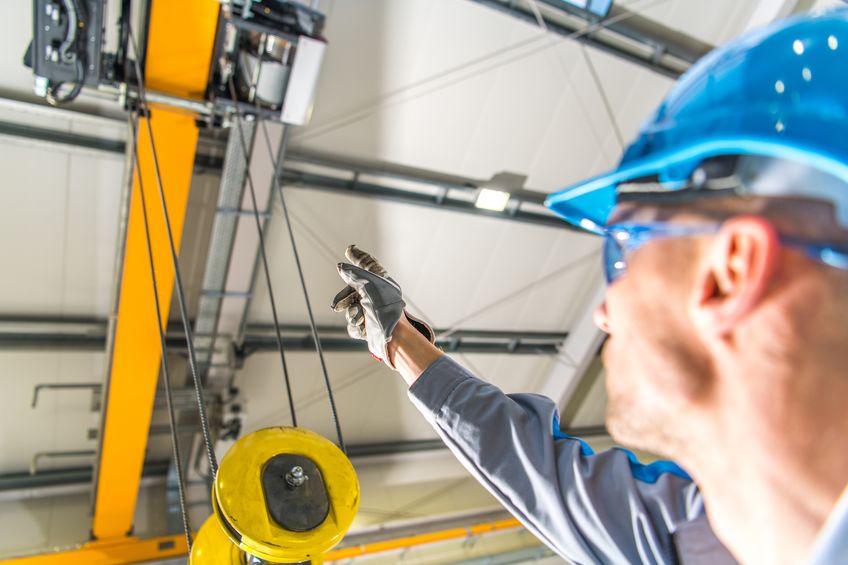
Overhead Crane Safety Programs
In this era of rocketing health care costs and mega injury settlements, overhead crane safety programs are a cost effective “Win/Win” investment for management.
It would seem that constructing a program that both protects your employees as well as your company would not take a “rocket scientist.” Unfortunately OSHA has not made it easy. OSHA 1910.179j only has 667 words regarding crane inspections and none regarding operator training or maintenance!
Having 45+ years experience as a crane manufacturer I know what it takes to train operators for a safe workplace, and as a result of being an Expert Witness in trials, I know what the lawyers look for too.
Here’s a list of what you need;
Crane inspection records, including Daily/Frequent/Periodic inspections
Monthly hook and rope inspection records
The appropriate inspection paper trail
Operator, Maintenance and Inspector training documentation
No safety program is “air tight” but I know how to construct a safety program that puts the odds on your side to provide a safe workplace and protect your company in the event of injury or litigation.
Specification Writing
Good specs are hard to write, that’s just a fact. As a buyer, you know what you want done but you probably have little knowledge of “crane speak” and how to write a specification to make sure you get what you really need.
When I was a crane builder, I dreaded those RFQ’s in which the buyer said they needed a 35 ton, 55 ft span, class D crane. That was it… the whole spec! I knew if I went to the job-site and asked too many questions, I would discover the land mines of the project and in the process of adding the necessary “bells and whistles,” I was on my way to screwing my chances of being the low bidder.
Good specs are essential to make sure the buyer gets what they wanted,
and a CYA bludgeon just in case they didn’t.
Detailed specs are the crane builders best friend in that they can effectively block the unscrupulous bidder from using shady bidding tricks to become the low bidder.
Effective crane specifications are an essential tool and not what many buyers think to be “ an unnecessary luxury!”
Diagnosing Troubled Crane Installations
Some crane installations are just a “basket case” from day one. This can be caused by a multitude of issues including;
Wrong duty cycle specified
Radio control issues
Variable AC control issues
Runway problems
Defective equipment and/or installation
Hazardous environment
Insufficient maintenance
Increased production demands
Sometimes just a new set of eyes looking at every possible aspect of the project, especially someone that doesn’t have “a horse in the race”
can produce a new perspective and a solution to solve the problem.



